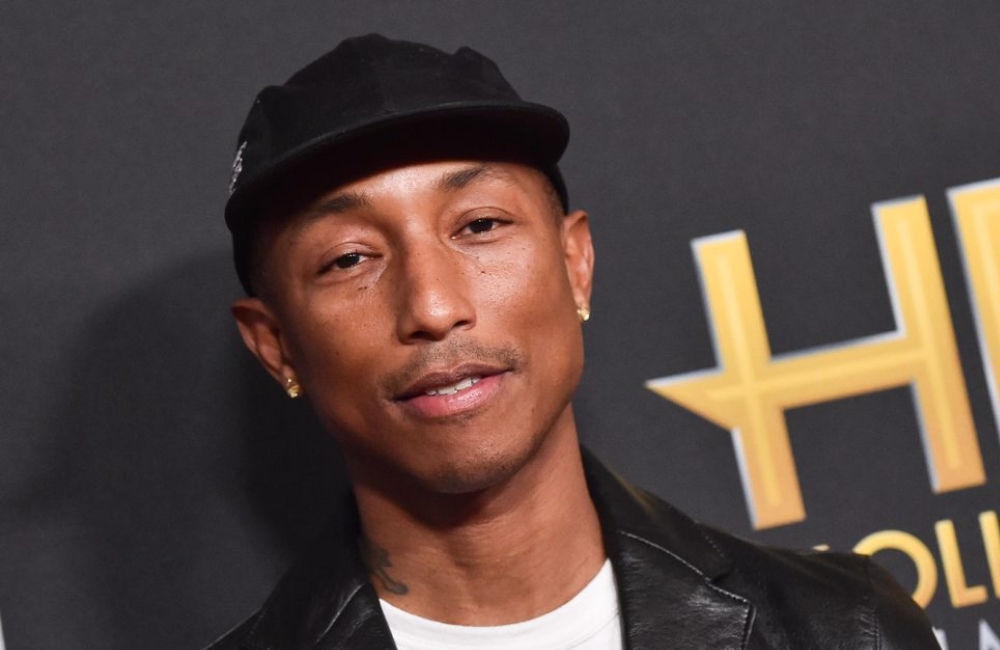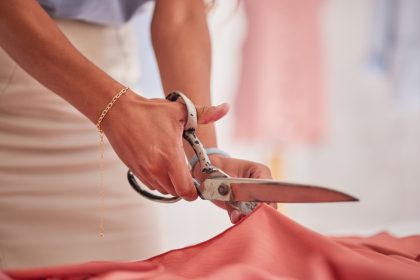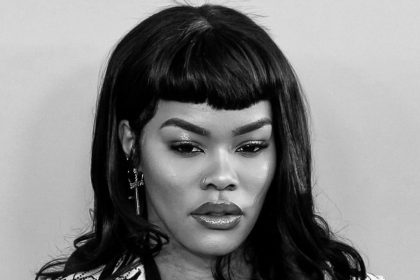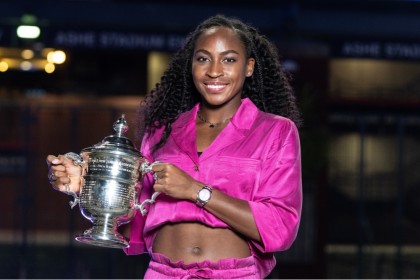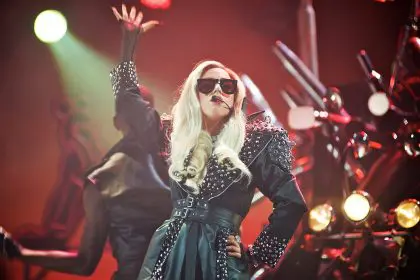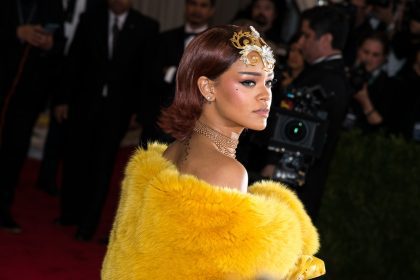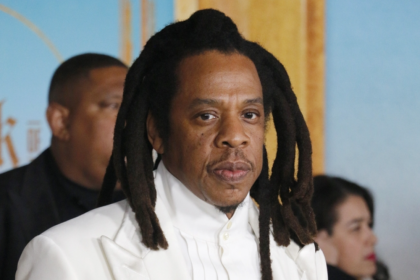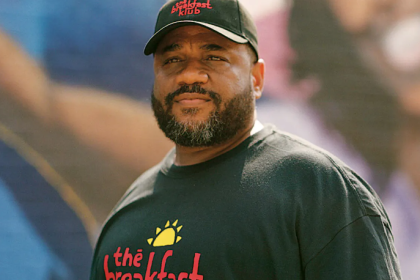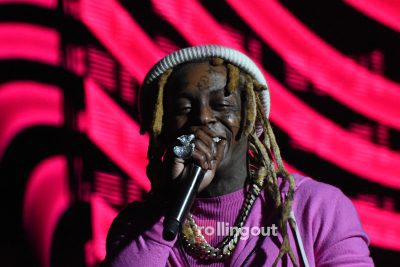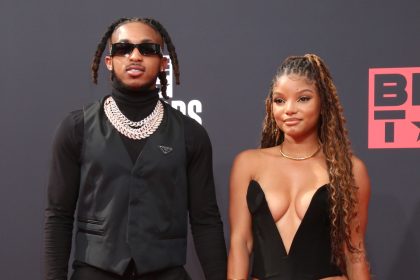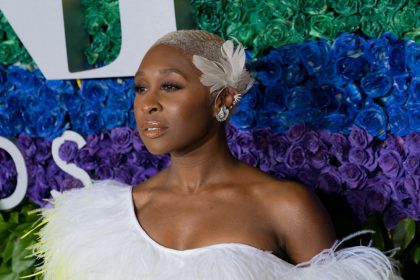In a tense scene outside the GQ Men of the Year celebration in Los Angeles, Pharrell Williams, the creative director of Louis Vuitton’s menswear line, encountered passionate resistance from animal rights advocates. The November incident marked the latest in a series of public confrontations over his use of animal products in luxury fashion designs. The atmosphere shifted dramatically from a typical celebrity appearance to a heated demonstration, highlighting the growing divide between luxury fashion and ethical consumption.
A calculated approach meets raw emotion
What began as a typical fan gathering transformed when activists infiltrated the crowd outside the prestigious event. Williams, known for his composed demeanor, attempted to diffuse the situation with a peaceful gesture – extending his arms for an embrace. The response was immediate and forceful, with activists wielding posters of injured animals and unleashing verbal condemnations. Despite the hostility, Williams maintained his characteristic calm, responding with measured words while facing increasingly intense criticism.
History of activism
The GQ event wasn’t Williams’ first brush with animal rights protests. During the Toronto Film Festival premiere of Piece by Piece, his LEGO-themed biographical documentary, activists disrupted a Q&A session with similar intensity. This pattern of confrontations underscores the persistent tension between luxury fashion practices and animal welfare advocacy. The recurring nature of these protests demonstrates a coordinated effort to challenge the use of animal products in high-end fashion, particularly targeting influential figures like Williams who shape industry trends.
PETA’s persistent campaign
The activist organization maintains steady pressure on Williams’ fashion choices, particularly critiquing his work with Louis Vuitton. Their comprehensive social media campaign showcases protest footage while advocating for vegan alternatives in high-end fashion. The organization’s strategic approach combines public demonstrations with digital activism, creating a multi-channel pressure campaign aimed at influencing both the designer and his audience.
Evolution of luxury fashion ethics
The luxury fashion industry’s relationship with animal products has undergone significant transformation over the past decade. Major houses like Gucci, Prada, and Versace have announced fur-free policies, responding to changing consumer sentiments and ethical concerns. However, the use of exotic skins and leather remains a contentious issue, particularly in the highest echelons of luxury fashion where these materials are considered hallmarks of premium craftsmanship.
Technological innovations in sustainable luxury
The fashion industry has witnessed remarkable advances in sustainable material development. Innovative alternatives to traditional animal products now include mushroom leather, lab-grown materials, and plant-based textiles that match the quality and aesthetics of conventional luxury materials. These developments offer potential solutions to the ethical dilemma faced by designers like Williams, though adoption rates vary across brands and price points.
Global market dynamics
Consumer preferences show increasing awareness of ethical fashion choices, particularly among younger demographics. Market research indicates a growing willingness to pay premium prices for sustainable and cruelty-free luxury items. This shift has prompted major fashion conglomerates to invest in research and development of alternative materials, though traditional animal products remain deeply embedded in luxury fashion’s DNA.
Industry implications
As sustainability and ethical sourcing gain prominence in fashion discourse, the industry grapples with balancing traditional luxury materials against evolving consumer values. The ongoing protests against Williams exemplify broader challenges facing high-end fashion brands in adapting to changing ethical expectations. The controversy raises important questions about the responsibility of influential designers in driving industry change.
The fashion world stands at a pivotal moment, with traditional luxury concepts increasingly challenged by ethical considerations. The resolution of these conflicts may determine the future direction of luxury fashion and its relationship with ethical consumption. For designers like Williams, navigating these complex waters requires balancing artistic vision, commercial success, and moral responsibility in an ever-evolving industry landscape.

